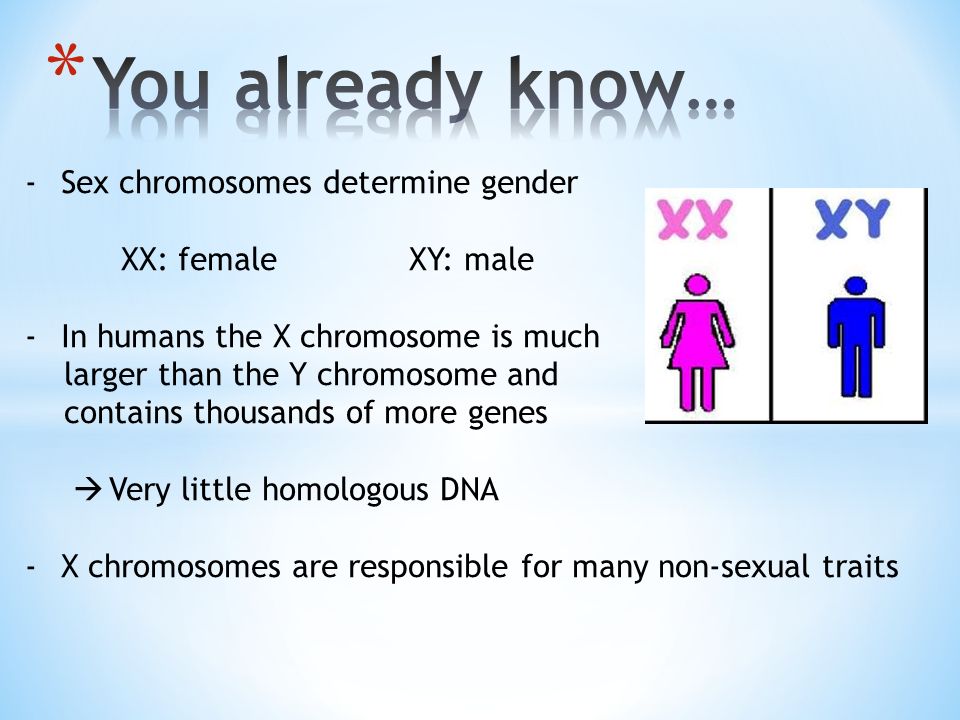
The XX chromosome is a special part of the human DNA. It's often called the 'sperm washing machine'.
This is because it has the highest rate of replication (making more copies of itself) of all the sex cells. If you have an X, and an X and a Y, then chances are you are male. And if you have an X, then chances are you are female. You see, there are no other chromosomes in the male or female genes.
Because of this, the XXXX chromosome is the most dominant in your body and will often times cause problems with sperm production and the quality of your sperm. The XXY chromosome, on the other hand, is not the most dominant. However, it can be a problem when it comes to sperm quality.
The X are two different chromosomes. When there are two X chromosomes in a person, then they are usually referred to as monosomy X. Monosomy X is a condition where an X chromosome is present in two different chromosomes. It is often caused by a DNA abnormality on either chromosome and can lead to serious birth defects.
XXY is a condition called polycystic ovary syndrome (PCOS). PCOS is a genetic disorder of the female reproductive system. It is characterized by excess production of male hormones and infertility. When this happens, the X and Y chromosomes often fuse together to form a single X chromosome that causes cystic ovaries. When this happens, the egg does not move in its normal path and is fertilized with sperm.
Chromosome XXY is not the most dominant chromosome in the body. If two of these chromosomes fuse together, then most often a child is born with two X chromosomes. This is often referred to as trisomy X.

There are many different forms of the X chromosome, including XX, XXX, XO, XD, and XH
They have different characteristics and often affect different parts of the body in different ways. For example, the XY chromosome is the dominant form and is responsible for most males.
The XX chromosome is a chromosome that can be passed from father to child. It is very common and is found in every child conceived. XX in most cases is passed on to the father and mother.
X chromosomes can affect males and females in different ways. In general, men tend to be more affected by the X chromosome than women. This is because the X chromosome is responsible for most of male sexual development.
Women are usually more affected by the X chromosome than the Y chromosome. This is because the X chromosomes are responsible for determining the number of sex chromosomes that a woman and man will produce. The X chromosome also determines sperm production.
The XX chromosome, however, is more likely to produce an offspring with a woman who has only one X chromosome compared to a woman who has both X chromosomes. The X chromosomes are usually passed down from father to son, but can be passed down from mother to daughter. This chromosome can also cause men to have some type of hearing or vision problems.
The Y chromosome is the dominant chromosome. The Y chromosome has the responsibility for producing the baby's gender and is what determines the sex of the baby. When a man carries a Y chromosome, he can expect that the baby he conceives will be a girl.
The X chromosome is also more likely to produce an offspring that will be male and the Y chromosome is more likely to produce an offspring that will be female. The XX chromosome is usually passed down from father to daughter, but can be passed down from mother to son if the father has a Y chromosome.
